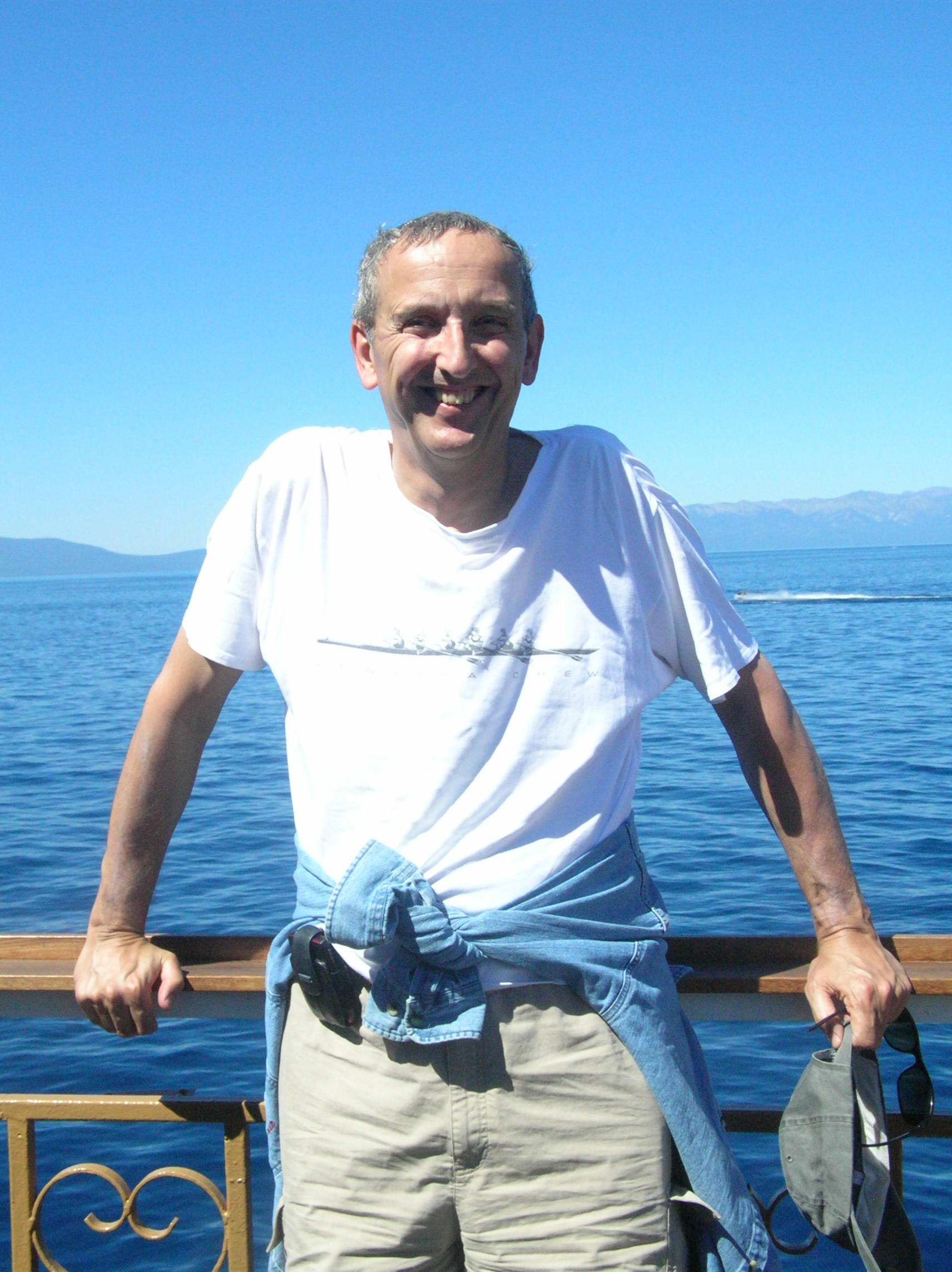I believe that the only way to go with the catechumenate process in a parish is year-round. This means that you have at least one meeting every week, probably on the same day and at the same time. This seems overwhelming, especially to those just “getting their feet wet” in this ministry. Believe me. It is quite simple. The key is focusing on the Sunday lectionary readings, especially the gospel passage.
The smallest catechumenate group can be a catechist, catechumen/candidate and a sponsor. The largest group I recommend is 7: a catechist, 3 candidates & 3 sponsors. Once you have this size group, have them stay together to build trust, intimacy and a freedom and grace to grow in their faith together.
The catechist needs to have all of that background “stuff” in her/his repertoire (doctrine, church history, good understanding of Scripture, knowledge of the missal/prayer book, knowledge of the hymnal [some of our best expressions of theology can be found there]). The catechist needs to live with the gospel passage in preparation for the meeting. This means reading, reflection, study, making links with doctrine, formulating some discussion questions to help the reflection on the passage.
The sponsor needs to pray for the candidate and touch base with her/him. Find out what response the person had to last week’s meeting. Invite/accompany the candidate to church events and ministries. Support in all ways needed.
If the meetings focus on the Sunday lectionary readings for each week, it is fairly simple to go year-round. After all, this is what we do with our weekly worship services in terms of the readings and the sermon. The “breaking open of the Word” in this case is usually a one person effort, that of the preacher. The catechumenate meeting is more intense and participation is greater…all those present share their insights.
More on this topic later.

